BRICS and the Evolution of Global Finance: Why Blockchain Payment Systems Are the Way Forward Part 1
Could the financial evolution of the powerhouse BRICS nations signal a new era in global economics? As these nations stand at a crossroads, the answer might lie in blockchain. Before diving into the transformative potential of blockchain for BRICS, it’s essential to understand the group's historical foundation.
Originating from the acronym coined by Goldman Sachs in 2001, BRICS signifies the emerging economies poised to rival the G7 nations. Over the years, these countries have evolved from mere market predictions to a cohesive group, showcasing combined economic prowess and geopolitical influence. Knowing their storied past will provide a clearer perspective on why their future steps, particularly in the realm of blockchain and financial technology, could be so impactful globally.
The BRICS consortium, comprising Brazil, Russia, India, China, and South Africa, signifies a potent economic force on the global stage. They contribute immensely to global economic growth, boasting significant foreign reserves. Blessed with abundant natural resources, combined populations that sum up to over 40% of the global populace, and a shared vision for multilateral cooperation, BRICS plays a pivotal role in international geopolitical and economic dynamics. Their presence not only signifies a shift in economic power but also epitomizes how cultural and historical diversities can converge for a shared global goal.
Through BRICS, member nations have augmented cooperation across various domains, including finance, trade, and development. A testament to this cooperation is the establishment of the New Development Bank (NDB) aimed at financing infrastructure projects in developing countries. Recent reports indicate that 44 nations have expressed interest in joining BRICS, especially with the upcoming summit in Johannesburg, South Africa, from August 22-24, 2023. The meeting’s focal agenda is the potential expansion of the bloc to counterbalance Western hegemony led by the United States. According to Goldman Sachs, by 2050, the combined economy of BRICS nations will emerge as a new global power.
Amid the rapid global financial evolution, BRICS nations find themselves at a strategic crossroads: Should they introduce a joint digital currency or devise a cross-national payment system harnessing blockchain and crypto technology? While both options seem promising, the scales tilt in favor of a blockchain-based payment system, and here's why:
Economic & Policy Uniformity: A unified digital currency demands cohesive economic and monetary policies amongst BRICS nations. Given the considerable disparities in their economies and monetary policies, reaching a consensus will be challenging.
Technological Infrastructure: Deploying blockchain and crypto proves more straightforward than introducing a new digital currency. BRICS nations, having delved into this tech, can leverage it to craft a more efficient payment framework.
Adoption & Integration: Blockchain-based payment systems can seamlessly integrate with existing financial infrastructures, ensuring smoother and quicker market acceptance. As a potential alternative to the global SWIFT standard, blockchain offers benefits like speed, transparency, lower costs, and enhanced security through encryption and decentralization.
Autonomy & Independence: By adopting a blockchain-based system, BRICS nations can maintain monetary policy autonomy while benefiting from shared technology prowess.
Security & Transparency: Blockchain’s hallmark is its transparency and security. A blockchain-based cross-border payment system ensures verifiable transactions, amplifying trust and minimizing fraud risks.
External Pressure Resilience: With a blockchain payment system, BRICS nations can lessen their reliance on global currencies like the US Dollar, fortifying their economic resilience against external pressures.
Smoother Transition: Launching a new currency potentially opens a conflict with the Western-dominated global order. Given the simmering tensions due to China's rise, post-Covid-19 economic recovery, and the Russia-Ukraine conflict, a blockchain-based alternative payment system offers a middle ground that doesn't directly challenge the West. It's seen more as economic pragmatism, likely garnering support from neutral nations.
In conclusion, the allure of a unified BRICS digital currency cannot be denied, but the intricate economic and political landscapes of its member countries point towards a blockchain and crypto-based international payment system as a more pragmatic choice. This innovation would not only bolster BRICS's position on the global stage but also offer them greater autonomy over their financial destiny. Given the significant geopolitical shifts such decisions could precipitate, a deeper exploration into the global power dynamics and diplomatic consequences is imperative. This insight will provide a clearer perspective on the broader ramifications BRICS's actions might have, especially when contending with well-established Western financial frameworks.






















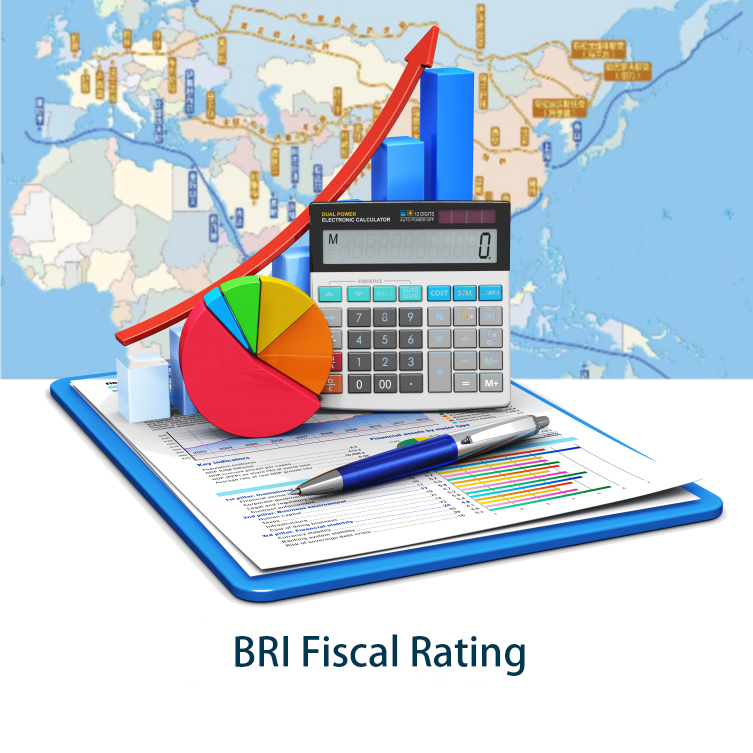
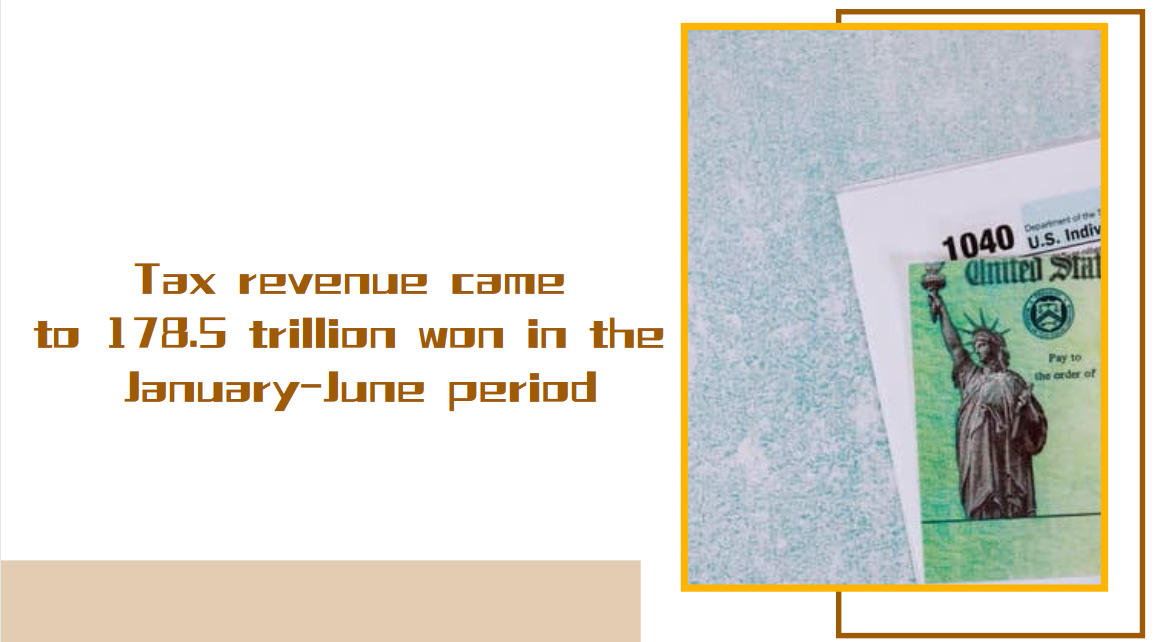
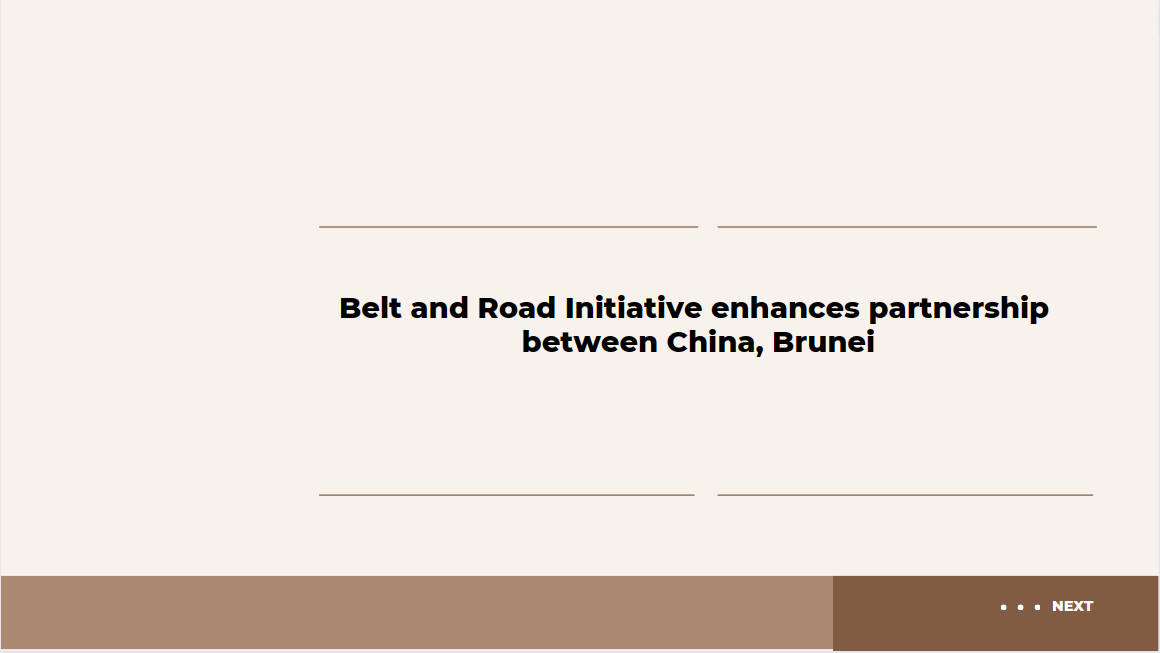
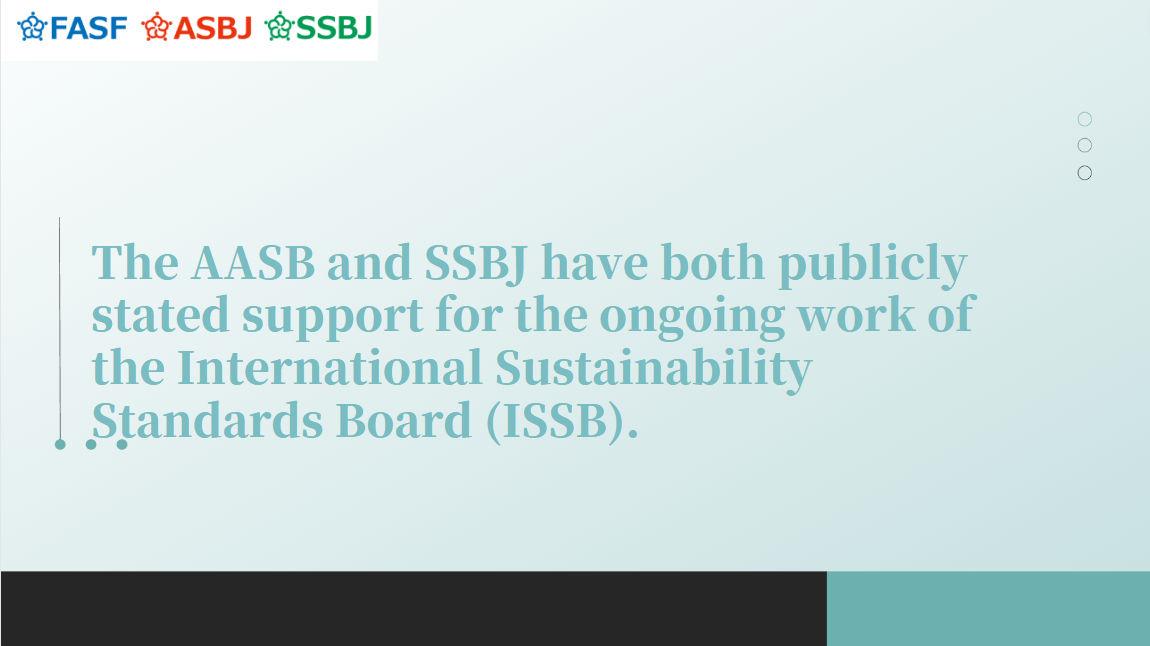
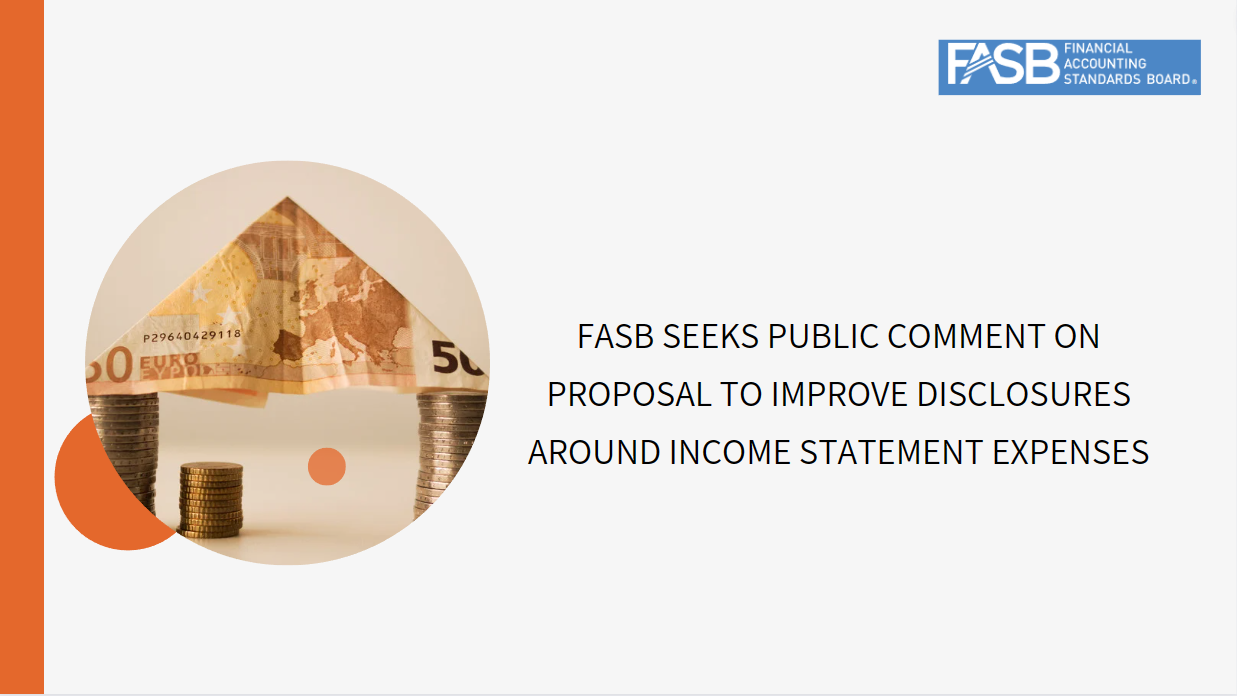




























First, please LoginComment After ~